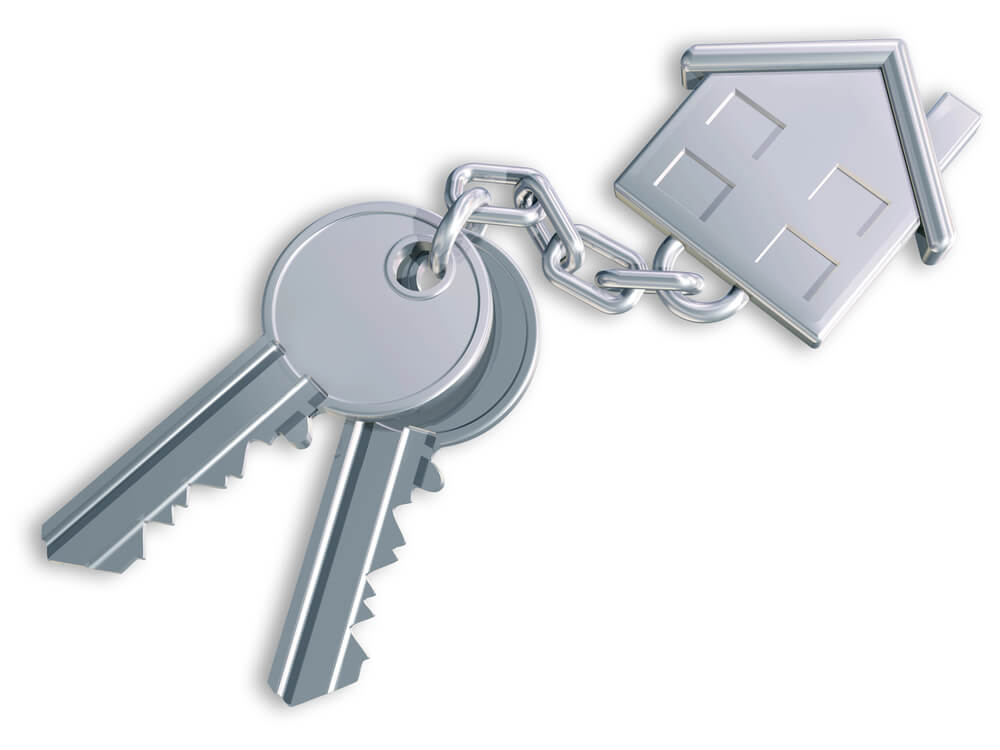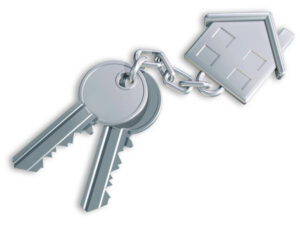Complex Dynamics of Co-Owning a Home After a New Jersey Divorce
Understanding the Realities of Co-Owning the Former Family House After Divorce in Rumson, Red Bank, Middletown, Toms River, and Surrounding Communities in New Jersey

Post-Divorce Property Co-Ownership in NJ
It is legal to co-own a property after a New Jersey divorce. Considerations regarding whether to co-own, then, are not legal matters but ones of preference and logistics.
Challenges of Co-Owning with an Ex-Spouse
Is it realistic to co-own a home with your ex? There are many advantages as well as disadvantages to co-owning the marital home post-divorce. One essential thing that must be taken into consideration is that, while your legal marital union is dissolved in divorce, deciding to continue sharing the deed to the house means that you enter into another type of contractual relationship with your ex. This can bring positive and negative consequences.
Strategic Benefits of Co-Ownership in a NJ Divorce
Co-owning property has many possible advantages. One primary advantage is that it allows both ex-spouses to retain a portion of a substantial asset in the case that neither is otherwise able to buy out the other. Co-ownership can be a temporary arrangement that allows one partner time to raise the funds to ultimately buy the other’s share of the property or implement a payment plan agreement.
Another huge advantage of co-owning property for families is that especially when it comes to couples with young children, retaining the family home after divorce allows children the stability of continuing to grow there and go to the same school.
Pitfalls of Co-Ownership in Divorce Proceedings
Unfortunately, the potential advantages of co-owning property following divorce are often outweighed by its potential disadvantages. The contractual obligations of co-ownership mean that both parties are on the hook for the actions of the other. For example, if one person doesn’t pay the mortgage on time, the other’s credit will be adversely affected. Ex-spouses must communicate clearly and effectively to work out logistics regarding house payment and maintenance; how will mortgage payments, utility bills, property taxes, and maintenance issues be divided and handled? Without a clearly defined and legally backed set of parameters for co-ownership, multiple financial and legal problems could arise, not to mention that the house could suffer in its upkeep.
 Key Inclusions in a NJ Co-Ownership Contract
Key Inclusions in a NJ Co-Ownership Contract
The most effective way to establish a sustainable co-ownership agreement is to draw up a contract with the help of your attorney. This contract will include such essential information as who is responsible for what percentage of the mortgage payments, how utilities are paid, how maintenance needs will be addressed, and how delinquent payments and other contractual breaches will be handled. Expenses and responsibilities may be split evenly between exes, or certain responsibilities, such as utility payments, may lie with the person who lives in the home.
Seeking Guidance on Co-Owning the Marital Residence Post-Divorce? Connect With Our Skilled Lawyers for Experienced Advice
Having an attorney help you develop a property co-ownership contract with detailed parameters as part of your divorce agreement is an essential facet of a successful co-ownership arrangement. The contract must outline clearly the legal ramifications of failing to meet the terms of the co-ownership contract. An experienced family law attorney at Bronzino Law Firm will help you navigate delinquent or conflicting behavior of your ex both ahead of time – by drawing up a contract suited to divorcing spouses who are changing the nature of their legal relationship – and in the case of issues – by helping you activate the terms of the agreement.
Our team is broadly experienced in facilitating marital home co-ownership contracts for divorcing spouses. We have helped hundreds of couples transition successfully to shared home ownership after divorce in Mantoloking, Lacey, Ocean Township, Stafford, Barnegat Light, Beach Haven, Lavallette, and Waretown using tight and clear legal agreements to facilitate the transition to financial partnership. Contact us today at (732) 812-3102, or reach us online for a free and confidential consultation to discuss your divorce and transition to property co-ownership.


 Key Inclusions in a NJ Co-Ownership Contract
Key Inclusions in a NJ Co-Ownership Contract




